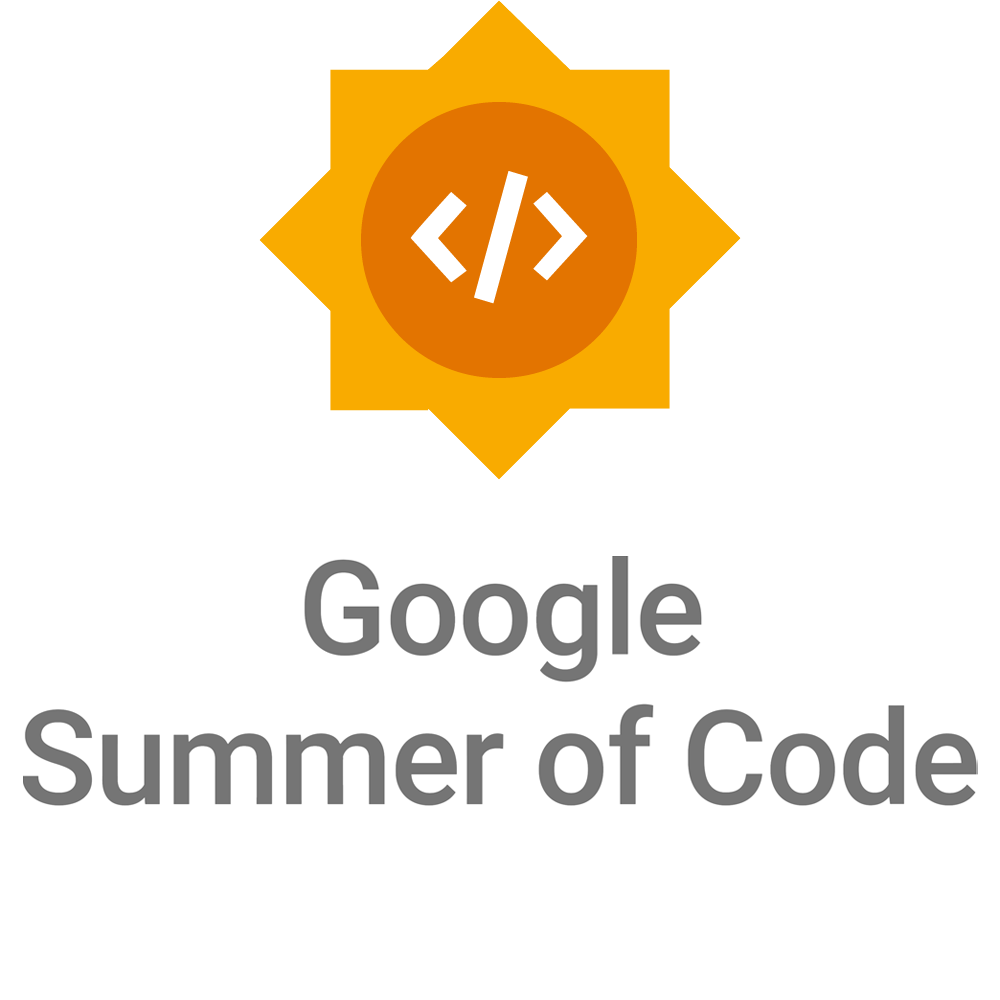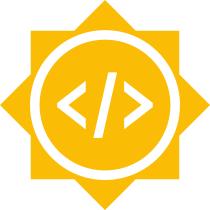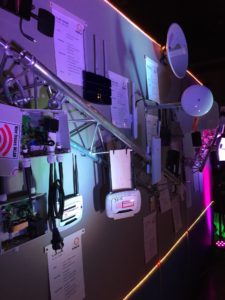We’re excited to announce that our umbrella organization — representing OpenWrt, LibreMesh, qaul.net, and freifunk — is once again participating in Google Summer of Code (GSoC) in 2025!

Wireless community networks empower people to build and maintain their own infrastructure, with a focus on openness, resilience, and decentralization. This year, five contributors are working on impactful projects that support the broader ecosystem of open and community-driven networking tools. From improving user experience and developer tooling to advancing wireless communication protocols, each project reflects the spirit of collaborative innovation.
Here’s a quick overview of the 2025 projects:
📦 Social Media Archive Explorer + Frontend Nodes
Contributor: Sandra Taskovic
Mentors: Andreas Bräu, Martin Tippmann
Sandra is developing tools to archive and explore social media content relevant to wireless communities, helping preserve discussions and make decentralized knowledge more accessible.
🔧 Simplifying LibreMesh with OpenWrt-Native Solutions
Contributor: Agustin Trachta
Mentors: Ilario Gelmetti, Javier Jorge
Agustin is working to simplify the LibreMesh firmware by adopting native OpenWrt tools and workflows. This reduces complexity for end users and network maintainers, making community networks easier to deploy and maintain.
🔐 qaul RPC User Authentication Layer
Contributor: claddy
Mentors: MathJud, Breno
In the decentralized communication tool qaul.net, claddy is implementing a secure user authentication layer for its RPC system. This enhancement will improve access control and overall network security in peer-to-peer environments.
📶 Deep Q Network-based Rate Adaptation for IEEE 802.11ac Networks
Contributor: Raul Shahi
Mentors: Prashiddha, Sankalp Prakash Pawar
This project aims to enhance Wi-Fi rate adaptation by integrating Deep Q-Networks (DQN) with the ORCA and RateMan frameworks. Traditional rate adaptation algorithms like Minstrel-HT struggle in dynamic wireless environments, especially in fast-changing conditions.
🖧 Adding Wi-Fi Support to QEMU Simulations in LibreMesh
Contributor: Victor Spehar
Mentor: Javier Jorge
To make testing easier for developers, Victor is adding Wi-Fi support to QEMU virtual machines used in LibreMesh simulations. This enables more realistic testing environments without the need for physical hardware — a big step toward more accessible and scalable development.
We’ll be sharing updates and insights from the projects throughout the summer on blog.freifunk.net, so stay tuned!
A huge thank you to our contributors and mentors for their dedication and passion. GSoC continues to be a vital part of building and sustaining tools for free and open wireless infrastructure around the world.
If you’re curious about the projects or want to get involved in community networking, we invite you to explore more at projects.freifunk.net.






